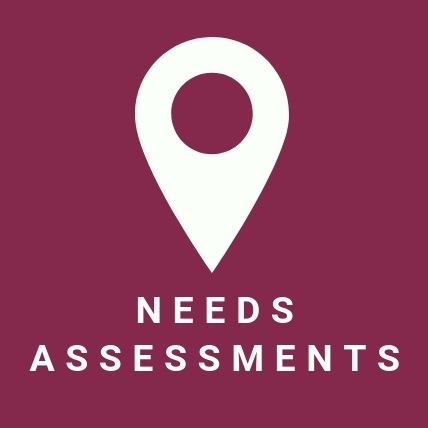Projects
CCBR typically has 15-20 ongoing projects and has completed over 450 projects since 1982. Each project is guided by our commitment to impacting social change in practical and powerful ways. We conduct research with people not on people, cultivating respect with communities at every step of the process.
Projects can be searched for using words from the project title or using the service area, theme, or date range for the project. You can also type 'Service Area' or 'Theme' into the search bar to get a list of options in each of these fields.
Projects
CCBR collaborated with Mennonite Church Eastern Canada (MCEC) to explore how best MCEC can be a resource to its congregations and pastors regarding engaging youth in faith formation. A literature review, an online discussion board, Photovoice with youth, and focus groups with pastors and youth leaders were conducted.
Located at Parkdale Queen West Community Health Centre, the Trip! project is a youth-led harm reduction information service for the dance music scene and youth who use drugs. CCBR partnered with stakeholders to conduct a community-based evaluation that explored how well the program model aligned with:1) current drug using trends amongst youth; and 2) PQWCHC’s values, vision, & mission.
In this collaborative project, we and our partners worked with adolescents with T1D and their caregivers to understand how peer support is helpful for improving disease self-management. This 4-phase project used a participatory research approach by working in partnership with adolescents with T1D and their caregivers.
CCBR developed and delivered a tailored online community-based research certification course for Scarborough Centre for Healthy Communities youth leaders and staff. Participants of online workshop sessions learned the fundamentals of community-based research.
CCBR and the Guelph Wellington Local Immigration Partnership partnered to investigate the broader challenges newcomer youth experience with mental health in city of Guelph and County of Wellington.







